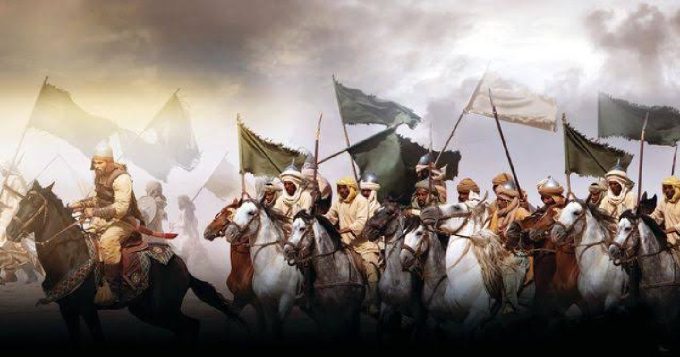Prophet Muhammad (peace be upon him) had a profound love and respect for the youth. He recognized their potential, energy, and the pivotal role they play in shaping the future of society. His actions and teachings exemplify how to nurture and empower young people to become confident, responsible, and morally upright individuals. Through trust, mentorship, and encouragement, the Prophet set an unparalleled example of how to inspire the younger generation.
One of the most notable ways the Prophet empowered youth was by entrusting them with significant responsibilities. A remarkable example is the appointment of Usama bin Zaid, a teenager, as the commander of a military expedition. Despite objections from some companions due to Usama’s young age, the Prophet stood firm in his decision, demonstrating his trust in Usama’s abilities and leadership. This decision not only strengthened Usama’s confidence but also showed others the value of recognizing talent and potential regardless of age.
The Prophet also provided personal mentorship to young people, tailoring his advice to their unique circumstances. He offered guidance that left a lifelong impact on their character. For instance, he once advised Abdullah ibn Abbas, a young companion, saying: “Be mindful of Allah, and Allah will protect you. Be mindful of Allah, and you will find Him before you.” These words resonated deeply with Ibn Abbas, who grew to become one of the greatest Islamic scholars. The Prophet’s mentorship emphasized the importance of faith, responsibility, and self-awareness.
Beyond mentorship, the Prophet actively involved young people in community matters and decision-making. He encouraged them to express their views, ensuring their voices were heard and respected. This inclusivity instilled a sense of belonging and purpose among the youth. By involving them in discussions and tasks of significance, he prepared them to take on leadership roles in the future.
The Prophet’s interactions with young people were marked by empathy and understanding. He acknowledged their struggles and provided practical solutions without judgment. For example, when a young man once asked for permission to commit a wrongdoing, the Prophet engaged him in a compassionate and logical dialogue. Instead of reprimanding him, the Prophet’s kind approach helped the young man reflect on the consequences of his actions, ultimately guiding him toward the right path.
A key aspect of the Prophet’s love for youth was his ability to inspire them with a sense of mission. He taught them to align their goals with higher moral and spiritual values. By connecting their personal ambitions to the greater good of society, he motivated them to lead meaningful lives. This sense of purpose enabled the youth of his time to contribute significantly to the growth and prosperity of the Muslim community.
The Prophet’s leadership and character also served as a powerful example for young people. Through his honesty, humility, and perseverance, he showed them that true leadership comes from service, compassion, and integrity. His actions spoke louder than words, inspiring the youth to embody the same values in their personal and public lives.
Today, the Prophet’s approach to empowering youth offers valuable lessons for modern parents, educators, and leaders. By trusting young people, mentoring them with kindness, and involving them in meaningful activities, we can help them realize their potential. The Prophet’s unwavering belief in the abilities of the youth reminds us that they are not just the leaders of tomorrow but are capable of making a positive impact today.
Through his love and empowerment of young people, Prophet Muhammad (peace be upon him) left a legacy that continues to inspire generations. By following his example, we can nurture a generation that is confident, compassionate, and committed to creating a better future for all.










Leave a comment